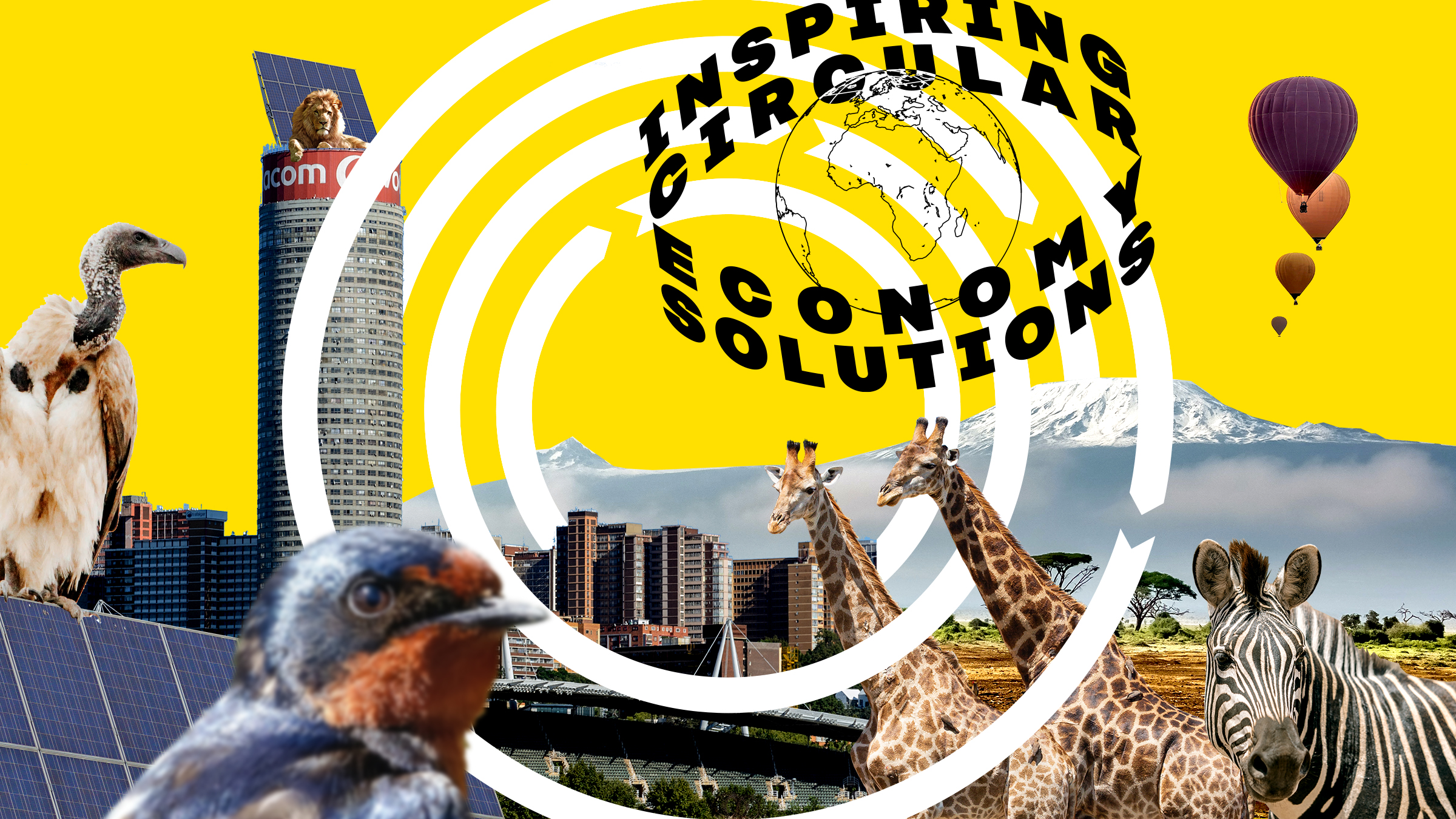Refrigeration is a simple way to reduce food waste, but refrigeration can be hard to come by in much of the developed world. ColdHubs has developed a solution for farmers and food sellers to share a cold building which is powered by the sun.
Problem
In developing countries about 45 per cent of food spoils, mainly due to lack of cold storage. This is a huge waste of time and resources, particularly in an era of inflation and rising food scarcity. Additionally, agriculture accounts for about 8.5 per cent of all greenhouse gas emissions. Reducing food waste would help the rural economy, improve food availability and lower CO2 emissions.
Solution
ColdHubs provides walk-in refrigerated buildings for storing and preserving food. They are solar-powered, so don’t rely on fossil fuels for energy and operate off-grid, making them perfect for rural, underdeveloped areas. The rooms are about 200 cubic metres in size and are shared by the company’s customers.
Currently ColdHubs operates 54 cold storage units in more than 40 outdoor food markets for 5,600 customers across Nigeria. The units are stationary, but they can be dismantled, moved and mounted in a new location within a week.
Business potential
The biggest markets for the storage units are farms and markets. Customers rent plastic crates at an affordable price. These crates can hold about 20 kilos of fresh produce each.
Almost 40 per cent of people in rural Africa have access to reliable electricity, so there is a huge potential market for ColdHubs’ solution.
Social and environmental impact
Fresh fruits and vegetables last about two days without refrigeration, but this is extended to approximately three weeks in ColdHubs’ cold rooms. This improves food security for vulnerable people, reduces waste and improves the incomes for small farmers.
The company estimates in one year the 54 cold rooms have saved 52,700 kilos of food and 1.4 million kilograms of CO2 while boosting the income of market vendors and farmers by 50 per cent.
Additionally, ColdHubs works to employ members of disadvantaged groups. About 80 per cent of their staff are women.
Future
There is a large potential market for ColdHubs, but they do face a few challenges. The cold storage buildings need space and sun, which can be hard to find in urban areas. Often local authorities will help when they see the benefits refrigeration will provide. Much of the rural Nigerian economy remains cash-based, which causes hassle with payments. ColdHubs is currently developing a digital payment model which should smooth transactions.
Want to learn more about circular economy solutions in Africa? This year’s World Circular Economy Forum will take place in Rwanda on 6–8 December. Check out the programme and register for online participation.


Inspired?
Check out all solutions.